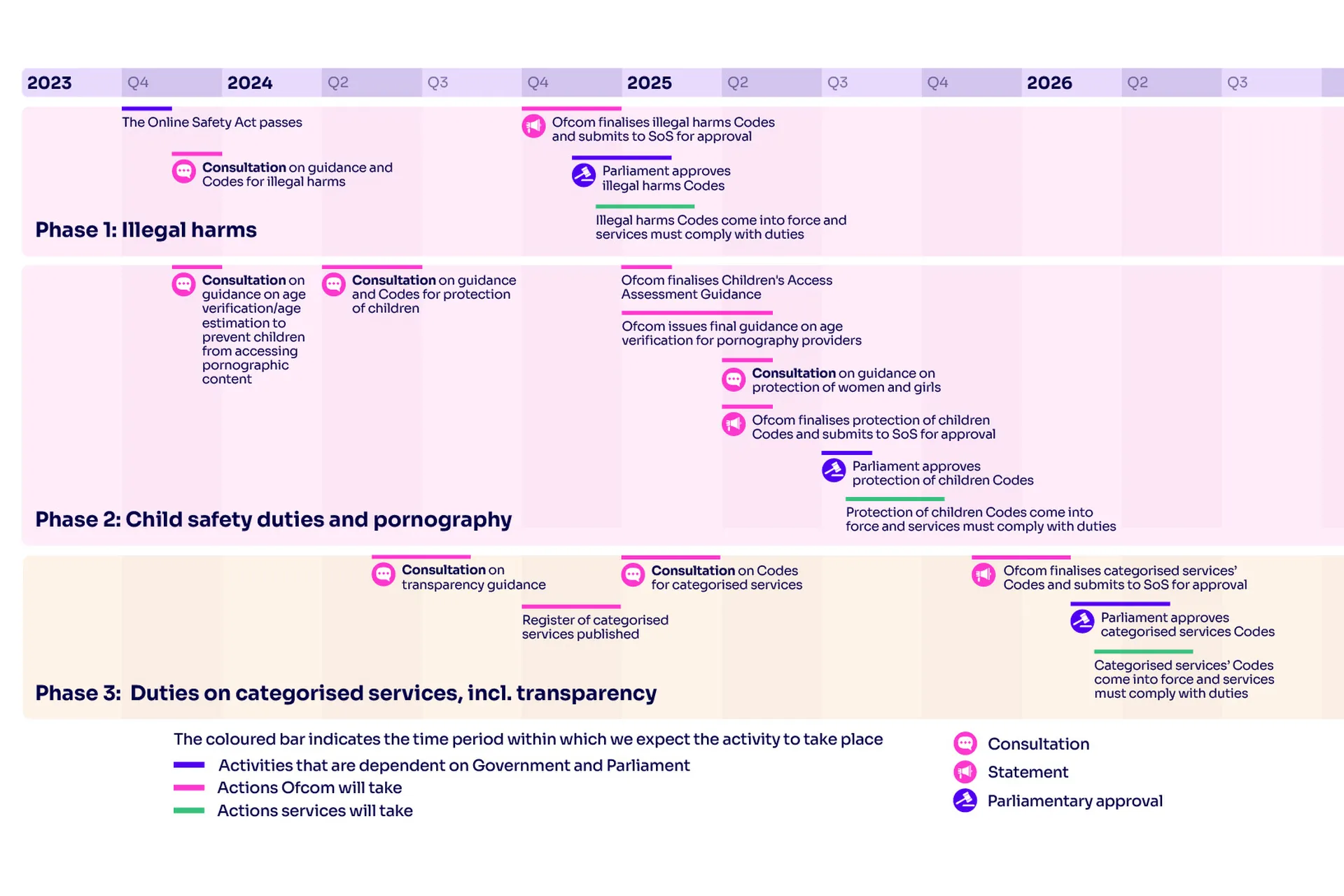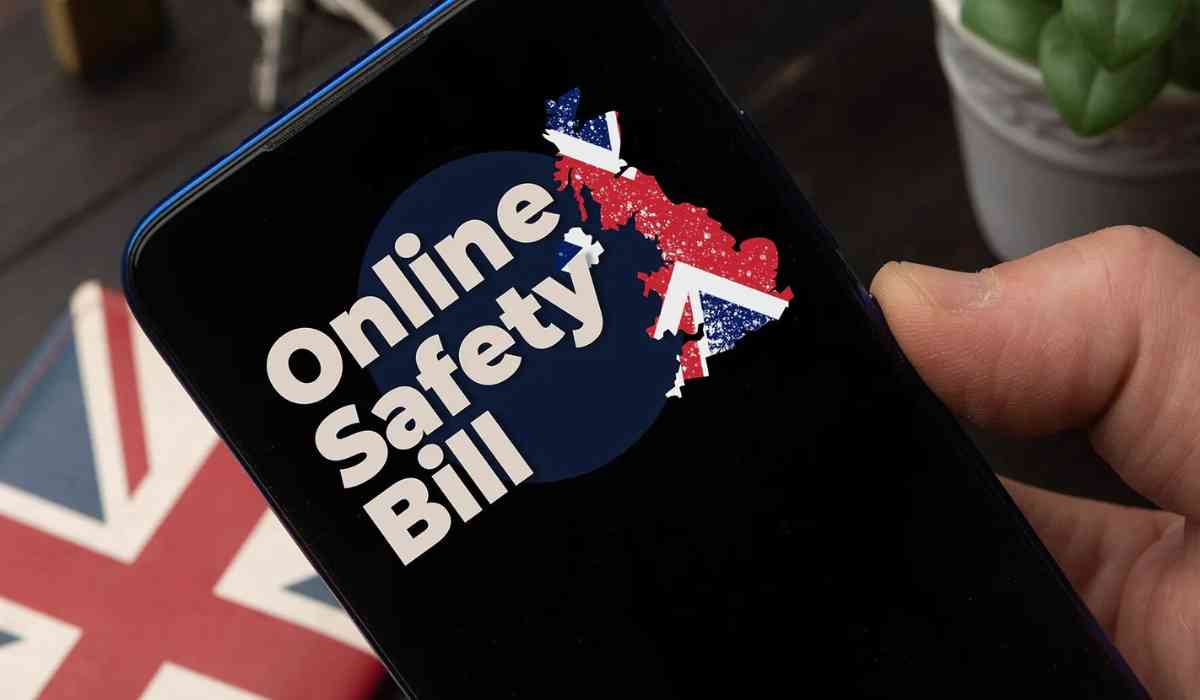The UK's Online Safety Bill, now known as the Online Safety Act, has officially become law, marking a significant step towards making the internet safer in the country. The bill addresses various online harms, including underage access to explicit content, cyberbullying, deceptive advertisements, the unauthorized sharing of intimate deepfakes, and the dissemination of child sexual abuse material and terrorism-related content.
While the law is in effect, online platforms will not be immediately required to fulfil all their obligations under the act. UK telecoms regulator Ofcom will roll out its enforcement gradually, with the first phase focusing on handling illegal content like terrorism and child sexual abuse material. A consultation on these initial duties is expected to be released on November 9th.

Subsequent phases will address child safety, preventing underage access to explicit material, creating transparency reports, combatting scam ads, and providing users with more control over the content they see. Consultations on these matters will follow, with an initial one concerning explicit content sites due in December. Ofcom aims to classify "categorised services," which include large or high-risk platforms subject to specific obligations, by the end of the next year.
Non-compliance with the Online Safety Act may result in fines of up to £18 million or 10 percent of a company's global annual turnover, with the possibility of legal repercussions for company leaders.
UK Home Secretary Suella Braverman emphasized the act's focus on protecting children, stating that social media companies will be held accountable for addressing child sexual abuse on their platforms.

However, the act has faced opposition, with encrypted messaging apps like WhatsApp and Signal objecting to a clause that could compromise end-to-end encryption. The Wikimedia Foundation also raised concerns, particularly regarding the stringent obligations related to child protection and the potential impact on platforms like Wikipedia, which prioritize user privacy.
Ofcom's chief executive, Melanie Dawes, clarified that the regulator's role is not about censorship but rather addressing the root causes of harm, setting new safety standards for online services while respecting individual rights to privacy and freedom of expression.
Child safety advocates have welcomed the Online Safety Act, recognizing it as a pivotal moment in enhancing online protection for children across the UK. Tech companies will now be legally mandated to safeguard children from sexual abuse and unnecessary harm.
© Copyright 2023. All Rights Reserved Powered by Vygr Media.
























